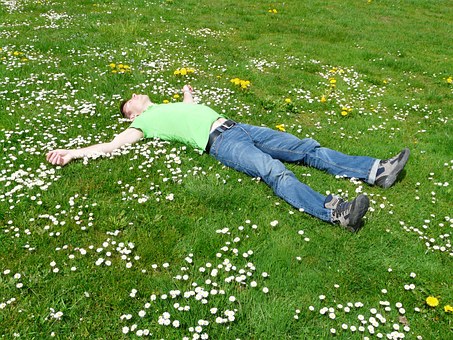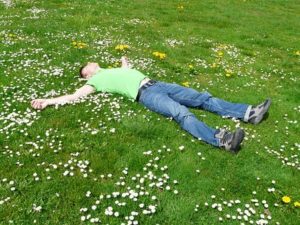Mindfulness vs. Self-Hypnosis
Category : Uncategorized
Mindfulness vs. Self-Hypnosis: Exploring Two Paths to Inner Transformation
In the pursuit of personal growth and mental well-being, individuals often explore various techniques and practices to enhance their inner lives. Two such methods that have gained popularity are mindfulness and self-hypnosis. While both techniques aim to improve self-awareness and promote positive change, they differ in their approaches and underlying principles. In this article, we will delve into the distinctions between mindfulness and self-hypnosis, shedding light on their unique benefits and applications.
Mindfulness:
Mindfulness is a practice rooted in ancient Eastern traditions, particularly Buddhism. It involves cultivating an open, non-judgmental awareness of the present moment. Practitioners of mindfulness direct their attention to their thoughts, emotions, bodily sensations, and the environment without attaching any judgment or evaluation. The goal is to observe these experiences with curiosity and acceptance, fostering a deep understanding of one’s inner workings.
Benefits of Mindfulness:
- Stress Reduction: Mindfulness has been shown to reduce stress and anxiety by promoting a sense of calm and emotional regulation.
- Improved Focus: Regular mindfulness practice can enhance concentration and cognitive abilities by training the mind to remain in the present.
- Emotional Resilience: Mindfulness helps individuals develop a healthier relationship with their emotions, allowing them to respond to challenging situations with greater equanimity.
- Enhanced Self-Awareness: By observing thoughts and emotions without judgment, mindfulness practitioners gain insights into their behavioral patterns and triggers.
Self-Hypnosis:
Self-hypnosis is a technique that involves inducing a focused state of attention and heightened suggestibility. It draws from the principles of hypnotherapy, a therapeutic approach that uses suggestion to create positive changes in behavior, thoughts, or feelings. During self-hypnosis, individuals guide themselves into a trance-like state where they are open to suggestions aimed at addressing specific issues or goals.
Benefits of Self-Hypnosis:
- Behavior Modification: Self-hypnosis can help individuals overcome habits or behaviors they wish to change, such as smoking or overeating.
- Pain Management: It has been used to alleviate chronic pain and discomfort by influencing the brain’s perception of sensations.
- Confidence Boosting: Self-hypnosis can enhance self-esteem and confidence by instilling positive affirmations and beliefs.
- Stress Relief: Similar to mindfulness, self-hypnosis can induce a state of relaxation, reducing stress and promoting a sense of calm.
Key Differences:
- Awareness vs. Suggestion: Mindfulness focuses on observing experiences without judgment, while self-hypnosis uses suggestive techniques to influence behavior and thoughts.
- Present-Centered vs. Goal-Oriented: Mindfulness centers on the present moment experience, while self-hypnosis is often directed towards achieving specific outcomes.
- Non-Judgmental vs. Suggestion-Accepting: Mindfulness encourages non-judgmental observation, whereas self-hypnosis involves accepting and internalizing suggestions for change.
Conclusion:
Mindfulness and self-hypnosis are two distinct yet complementary paths to inner transformation. While mindfulness emphasizes present-moment awareness and non-judgmental observation, self-hypnosis harnesses the power of suggestion to create desired changes in behavior and emotions. Both techniques offer valuable tools for personal growth, stress reduction, and enhancing overall well-being. Choosing between the two depends on individual preferences, goals, and the desired approach to self-improvement
Get your FREE Stress Buster Mp3 Here Free Hypnosis Mp3


 What does the word relax mean to you?
What does the word relax mean to you?